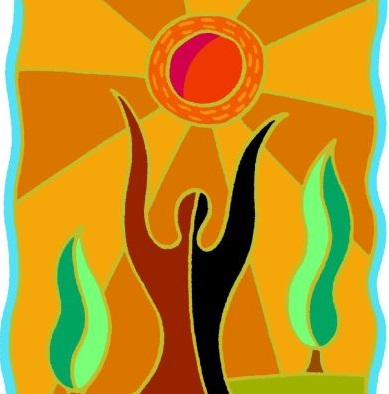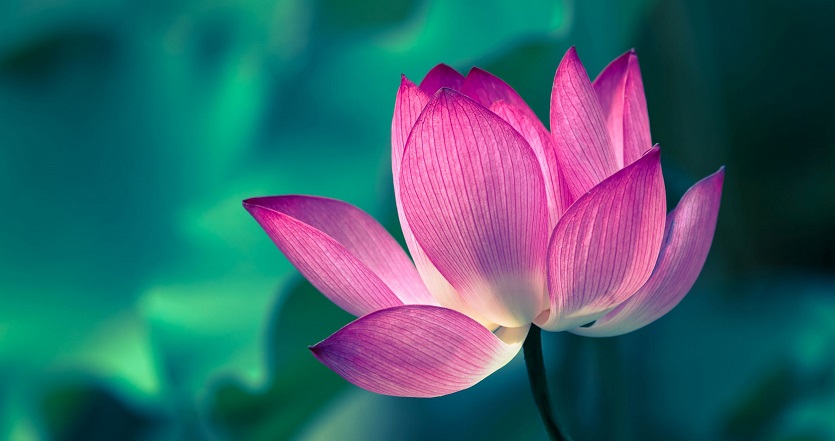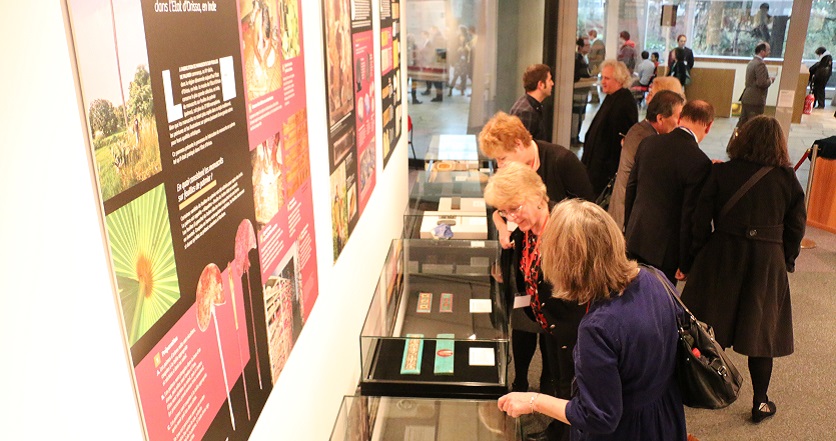Human Revolution

Buddhism is characterized by an emphasis on the possibility of inner transformation—a process of bringing forth our full human potential. There is a common perception that the discipline and focus necessary for such a process requires a set of ideal circumstances not available to most. Nichiren Buddhism, however, teaches that it is only by squarely facing the challenges that confront us amidst the harsh contradictions of society that we can carry out the task of changing our own lives and the world for the better.
“Human revolution” is the term used by second Soka Gakkai President Josei Toda to describe a fundamental process of inner transformation whereby we break through the shackles of our “lesser self,” bound by self-concern and the ego, growing in altruism toward a “greater self” capable of caring and taking action for the sake of others—ultimately all humanity.
As Daisaku Ikeda explains: “There are all sorts of revolutions: political revolutions, economic revolutions, industrial revolutions, scientific revolutions, artistic revolutions . . . but no matter what one changes, the world will never get any better as long as people themselves . . . remain selfish and lacking in compassion. In that respect, human revolution is the most fundamental of all revolutions, and at the same time, the most necessary revolution for humankind.”
The question of how to change in a positive direction is one which has spawned countless theories, religions and publishing empires. Certainly, self-discipline and effort can enable us to make positive change, for example by starting to exercise regularly. But the willpower required is often hard to maintain; our self-control may slip at a crucial moment because we have not addressed the underlying, inner causes of our behavior.
Human revolution is the most fundamental of all revolutions and the most necessary revolution for humankind.
Human revolution is the work of transforming our lives at the very core. It involves identifying and challenging those things which inhibit the full expression of our positive potential and humanity. Nichiren Buddhism is based on belief in a pure, positive and enlightened condition of life which exists equally within all people. This life state of “Buddhahood” is characterized by the qualities of compassion, wisdom and courage, which enable us to create something of value from any situation. Nichiren realized that the deepest process of change and purification takes place when we bring forth this state, and he taught the practice of chanting “Nam-myoho-renge-kyo” as the direct and immediate means for accessing and experiencing it.
This Buddha nature expresses itself in concrete ways. First, we gain the conviction that our life contains limitless possibilities and a profound sense of our human dignity. Second, we develop the wisdom to understand that things that we previously thought impossible are in fact possible. And third, we develop a powerful vitality that allows us to tackle our problems with a sense of inner liberation. We are thus empowered to pursue our own human revolution, striving to improve our “self” from yesterday to today and making the “self” of tomorrow better still.
In some traditions of Buddhism, interpretations of the law of cause and effect can encourage a focus on negative past causes. The obstacles and challenges encountered in life may be seen as requiring lifetimes of effort to “clean up.” The message of the Lotus Sutra and Nichiren Buddhism is that through faith and practice we can reveal Buddhahood: our highest, most enlightened state of life right now, just as we are. This enlightened wisdom enables us to grasp the reality that circumstances which may seem the most unfortunate, be it seemingly incurable illness or bereavement, can actually provide the best opportunities for tackling our human revolution and the impetus for the greatest personal growth.
When we look beyond our personal concerns and take action for the sake of others, this process is strengthened and accelerated. An experience which previously seemed like an unjust burden can become the key to finding the purpose of our lives, as we learn how to help others struggling in a similar situation.
This individual process of human revolution is the very key to sparking change on a global scale. For, as Daisaku Ikeda writes, “A great human revolution in just a single individual will help achieve a change in the destiny of a nation and, further, will enable a change in the destiny of all humankind.” Taking responsibility for transforming our own lives is the first step toward creating a human society based on compassion and respect for the dignity of all people’s lives.
Courtesy July 2005 issue of the SGI Quarterly.







